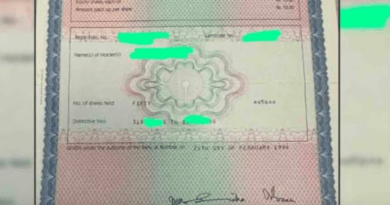New research : Common Dementia Medications May Have Serious Side Effects.
According to research released on Thursday, giving antipsychotic medications to patients with dementia has been associated with major adverse consequences, such as heart failure.
According to research published in the British Medical Journal (BMJ), “antipsychotic use in people with dementia is associated with… a wide range of serious adverse outcomes, including stroke, blood clots, heart attack, heart failure, fracture, pneumonia, and acute kidney injury.
The greatest hazards arise at the onset of treatment, according to scientific findings, “underscoring the need for increased caution in the early stages of treatment.”Patients with psychotic diseases like schizophrenia are typically prescribed antipsychotics, which include risperidone, quetiapine, haloperidol, and olanzapine.
They are also used to treat people with dementia, including Alzheimer’s disease, and depression that is extremely resistant to other forms of treatment.
Antipsychotics are meant to reduce specific symptoms, such as aggressive behavior, but they do not treat these conditions.The severe side effects and the treatments’ poor efficacy have made them extremely divisive.In France, like in the UK, where the BMJ study was conducted, the only approved medications for treating dementia symptoms are haloperidol and risperidone.
But according to the BMJ, no “firm conclusions can be drawn about cause and effect,” and the study is “observational.”.It’s feasible that, In some circumstances, pneumonia side effects could be preferred over dementia symptoms.The study has received commendation from a number of neurologists during a period when antipsychotic prescriptions are increasing following the COVID epidemic.
It “Is a risk therefore that patients might be prescribed harmful antipsychotics simply because trained staff who can safely manage their behavior are not sufficiently available.”




